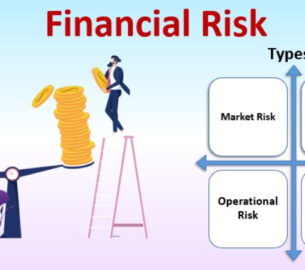What is meant by loan defaulting?
Defaulting happens when the person does not repay the loan at the promised time. If loan defaults occur, the case will be transferred to the debt collection agency. Their job is to approach the borrower and get the unpaid amount. Due to defaulting, the credit score gets damaged worse. It affects the chances to obtain future credit and also results in personal property seizure.
Loan defaulters face a serious consequence and therefore it is necessary to avoid at any cost. If you have not paid the loan for several months or missed a payment, it is recommended to inform the company that manages your loan. In most cases, the loan managers assist with debtors and create a flexible payment scheme that is convenient for both parties. But when you leave the loan in delinquency, it can result in seizure of wages or assets.
What happens after loan default?
If the loans are obtained with collateral, then defaulting would result in the seizure of pledged assets by the bank. Some of the popular kinds of consumer loans supported by collateral are auto loans, secured personal loans, and mortgages. For unsecured debts such as student loans and credit cards, the outcome of default differs in severity according to the loan type. The debt collection agencies garnish wages to get outstanding debt in some extreme cases.
| Type of loan | Consequence of loan defaulting |
| Business loan or unsecured personal loan | Wage garnishment or revenue and lawsuit |
| Business loan or secured personal loan | Seizure of asset |
| Auto loan | Car repossession |
| Credit card | Wage garnishment and possible lawsuit |
| Mortgage | Home possession |
| Student loan | Wage garnishment |
Know about the loan defaulters rights
If you have not paid your loan, you need to know the rights to utilize in this situation.
Right to sufficient notice: Banks should follow the procedure and offer time to settle dues before taking over your assets. If the borrower has not paid for more than 90 days, then the bank or lender has to issue a notice to the loan defaulter.
Right to make sure of fair value: If the defaulter does not respond or pay after a 60-day notice period, then the lender can start the auctioning procedure. Before starting, they should issue a notice about the value of the obtained asset as well as other details such as time of auction, date, and reserve price.
Know More About : Loan Defaulters And Recovery Process












